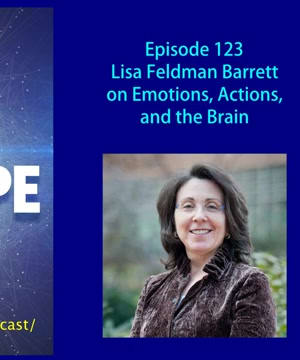How does anger affect our actions?
Sources:
Anger affects our actions in several profound ways, according to experts:
-
Activism and Relationships:
- explains that anger fuels activism by igniting adrenaline and enabling action. It plays a significant role in sparking social movements and advocating for change. However, sustained anger can fray relationships, as it leads to constant criticism and difficult interactions with friends and colleagues. This emphasis on purity in activism can make interactions challenging 1.
-
Physical and Emotional Responses:
- describes anger as a complex emotion that can vary widely in expression. It can cause physiological changes like fluctuations in blood pressure, and its effects can be both destructive and constructive, depending on the situation. Anger can sometimes bring people together or help individuals perform better in competitive settings 2.
-
Internal Experience and Constructive Channeling:
- underscores that feeling anger internally is a natural process, involving sensory experiences and impulses for action that can be destructive if not managed constructively. Recognizing and channeling anger constructively is crucial to prevent harm and maintain healthy relationships 3.
-
Protective Function and Societal Expression:
- highlights that the evolutionary function of anger is protection, equipping individuals with heightened focus and reduced pain sensitivity to deal with threats. However, societal expectations often direct individuals, particularly men, to express insecurity through aggression, influencing how anger manifests in social interactions 4.
Understanding and managing anger involves recognizing its complexity and finding healthy ways to express this powerful emotion.
RELATED QUESTIONS-

